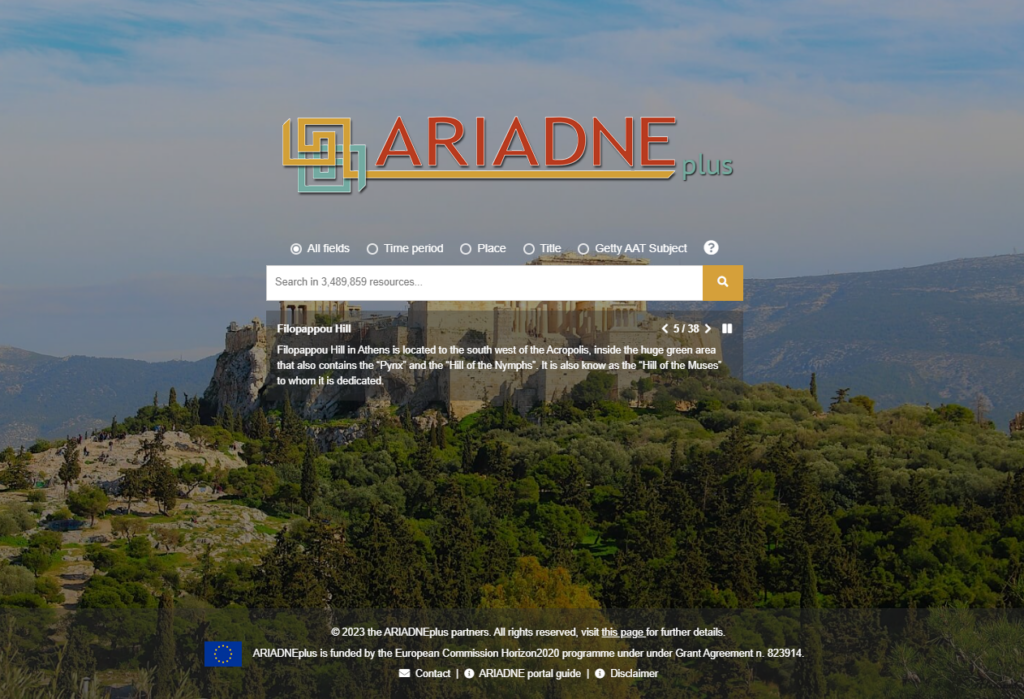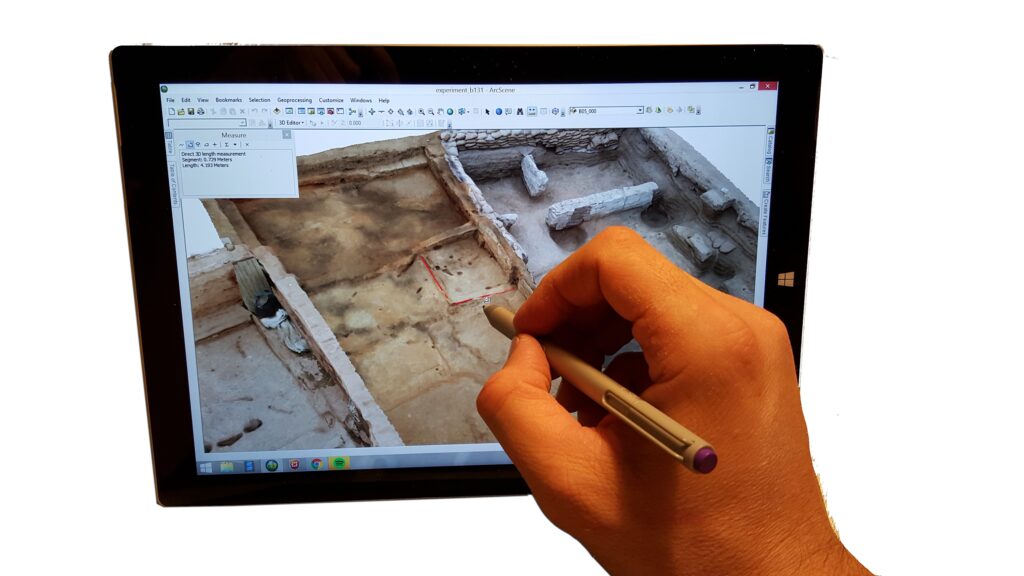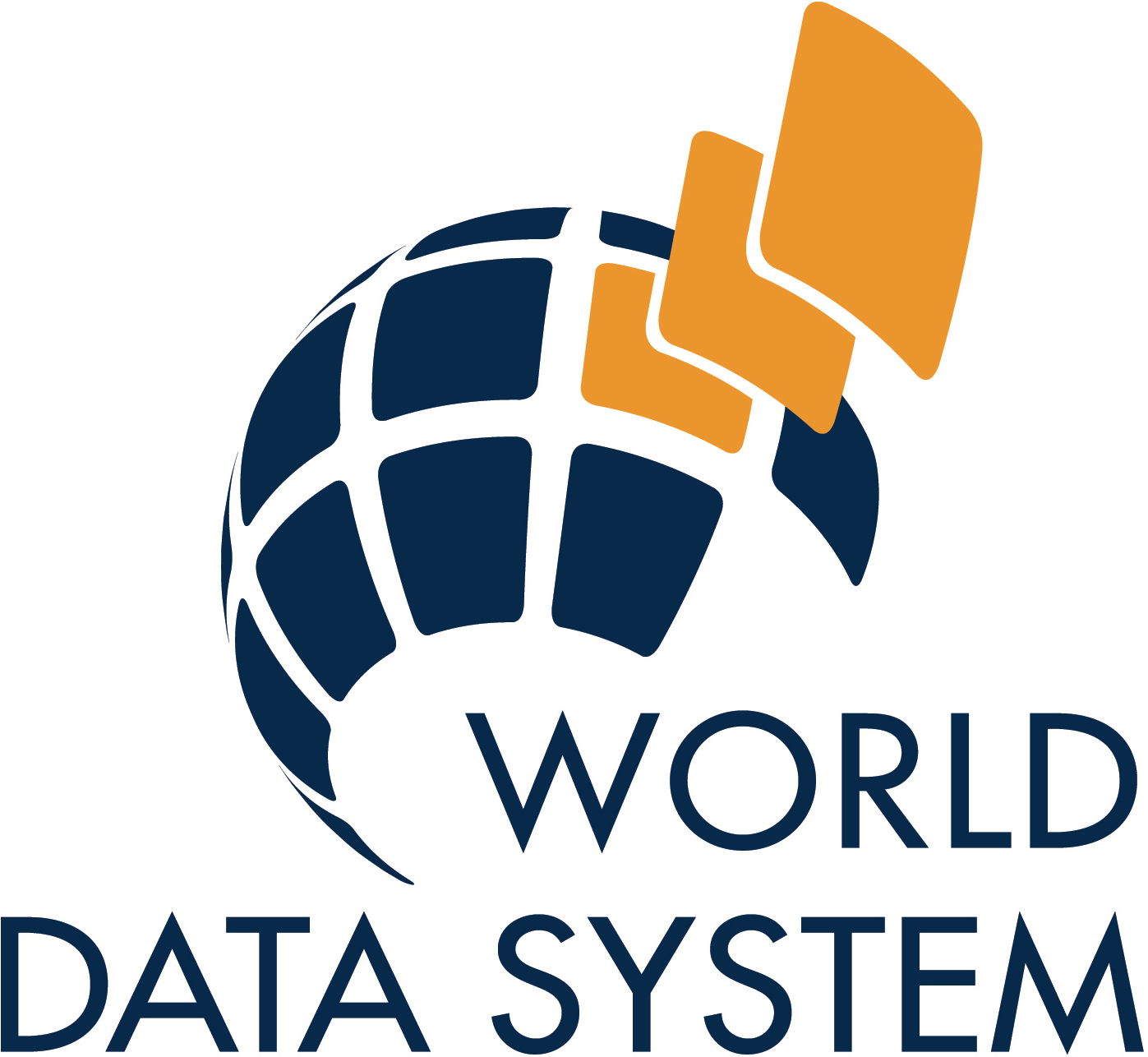The Keeping Research Data Safe (KRDS1) study has investigated the medium to long term costs to Higher Education Institutions (HEIs) of the preservation of research data and developed guidance to HEFCE and institutions on these issues.It has provided an essential methodological foundation on research data costs for the forthcoming HEFCE-sponsored feasibility study for a UK Research Data Service. It will also assist HEIs and funding bodies wishing to establish strategies and TRAC costings for long-term data management and archiving.
The rising tide of digital research data raises issues relating to access, curation and preservation for HEIs and within the UK a growing number of research funders are now implementing policies requiring researchers to submit data management, preservation or data sharing plans with their funding applications. This study provides:
- Brief overviews of the potential benefits to HEIs of preservation of research data; issues that HEIs will need to consider when determining the medium to long-term costs of data preservation; and different service models;
- A framework and guidance for determining costs consisting of:
- A list of key cost variables and potential units of record;
- An activity model divided into pre-archive, archive, and support services;
- A resources template including major cost categories in TRAC; and divided into the major phases from our activity model and by duration of activity;
- A series of case studies from Cambridge University, King’s College London, Southampton University, and the Archaeology Data Service at York University, illustrating different aspects of costs for research data within HEIs;
The Keeping Research Data Safe 2 (KRDS2) project has delivered:
- A survey of cost information for digital preservation, collating and making available 13 survey responses for different cost datasets
- The KRDS activity model has been reviewed and its presentation and usability enhanced
- Cost information for 4 organisations (the Archaeology Data Service; National Digital Archive of Datasets; UK Data Archive; and University of Oxford) has been analysed in depth and presented in case studies
- A benefits framework has been produced and illustrated with two benefit case studies from the National Crystallography Service at Southampton University and the UK Data Archive at the University of Essex





